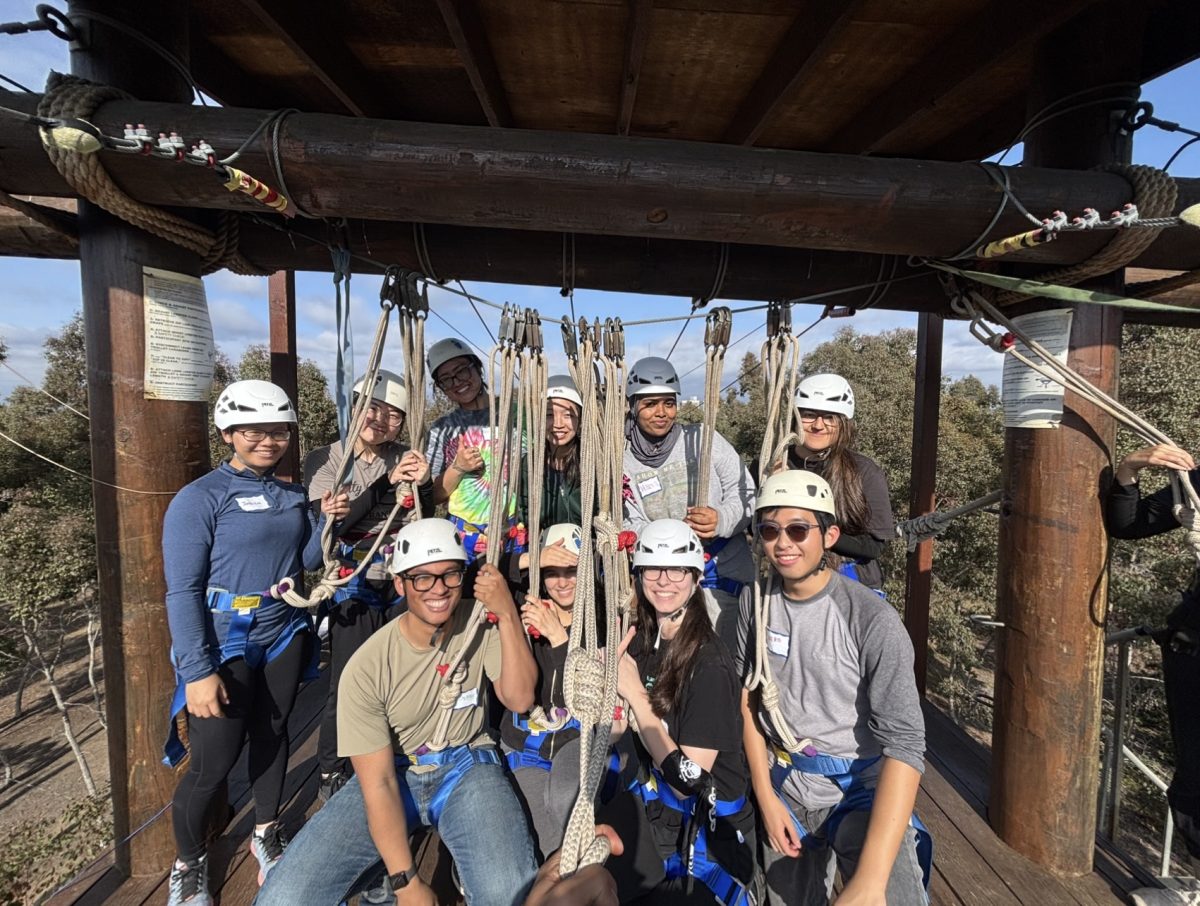Balancing four classes, two jobs, an unpaid internship, an extracurricular club — all on top of managing finances, relationships, applications for even more jobs, grad schools and research opportunities? Sound too familiar? Unfortunately, this has become the undergraduate culture and all-too-recognizable climate of UCSD. Before postgraduate “adult” life even begins, students are increasingly becoming prone to burnout, dependent on caffeine and seemingly reliant on stress as momentum to get through assignments, applications and assessments.
In the 2015 National College Health Assessment II conducted by The American College Health Association, it was reported that only half of college students reported good or excellent health, with 85.6 percent of surveyed students “feeling overwhelmed,” 81.7 percent feeling “exhausted from non-physical activity” and 56.9% “feeling overwhelming anxiety.” Yet despite these findings in surveys, 75.8 percent of students didn’t take further steps to receive therapy or treatment.
So in the midst of all these statistics, why is it that we as students continue to push ourselves beyond capacity, neglecting to take care of ourselves first? Is it because our need to perform, make ends meet or pass that class has exponentially outweighed our need to occasionally put ourselves first? All too often, students — even during week one — are pushing themselves beyond what is needed to get that grade, job or opportunity. This is not to say this isn’t admirable; the student mentality of perseverance, discipline and dedication is astounding, but it shouldn’t have to be at the cost of the mental, physical and emotional well-being of the individual.
Self-care has essentially become synonymous with “treating yo’self,” so eloquently coined by Tom Haverford of Parks and Rec, but what this insinuates is that self-care is only momentary, a passing event where one indulges themselves in rest at the sacrifice of doing the essay, reading or lab later. And for many, there isn’t that luxury of self-care, because the privilege of rest is negated by the need to work to pay for tuition and housing. The privilege of sleep is negated by the need to pull all-nighters before the midterm that weighs 40 percent of the class grade, and the privilege of socializing is outweighed by the need for solitary study time.
Retrospectively, it’s hard to advocate for a complete 360 degrees when it comes to reevaluating the student lifestyle. We cannot simply toss aside all responsibility, but what we can do is remind ourselves that before we are students, employees, interns or researchers, we are deserving of that time to be mindful, or even that time to do basic things, like eat and sleep. So until the day comes where “treating yo’self” could be incorporated throughout the demanding routine of life, take a moment now to remember that the pressure to be under pressure is not the quintessence of student life.








